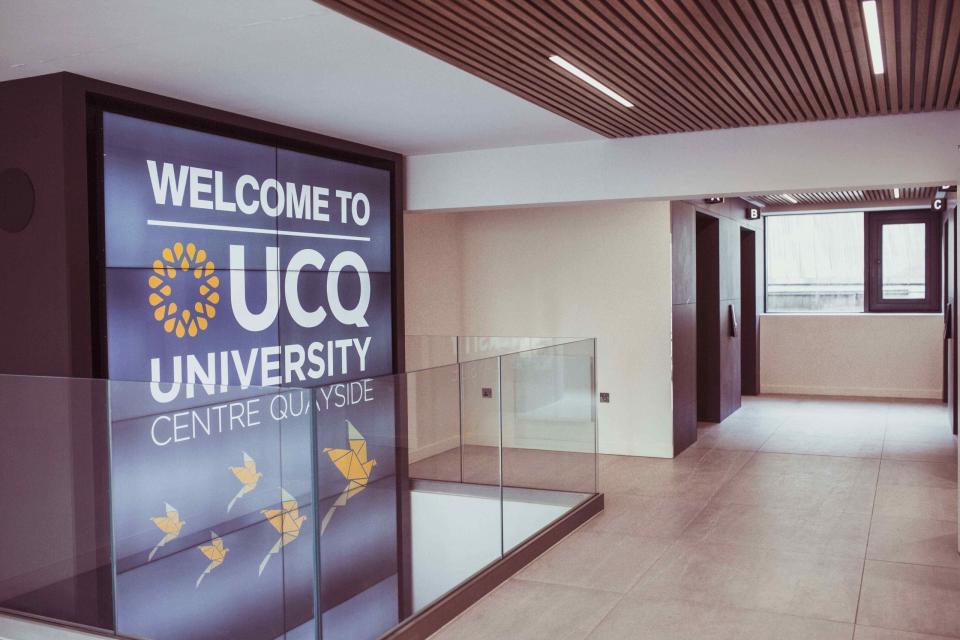Kevin Smith, CMDA Module Lead at University Centre Quayside in the UK, partnered with Perlego to support UCQ’s students through their journey and meet the needs of a diverse cohort. Perlego is an online library which provides unlimited access to over one million books from thousands of leading higher education publishers.
Kevin says: “The problem that we needed to solve was making electronic resources available to all our students. That caused me a number of sleepless nights.”
Here are some of the key considerations UCQ factored in when approaching equitable provision:
Flexible approach to learners’ diverse backgrounds
Their student cohort primarily consists of mature learners, most of whom have not experienced higher education before and don’t have school-based level 3 qualifications. They arrive with pre-conceptions, and may lack confidence or feel anxious about returning to education.
Introducing a system sympathetic to these backgrounds was important to the library team at UCQ, Kevin reflects. Perlego was selected for a user-friendly experience, providing an intuitive interface with simple search functionality for learners.
Hybrid learning compatibility
Flexible textbook provision was essential to UCQ, as since the pandemic they moved to a hybrid model. The only face-to-face time students get is inductions, graduation fairs andgraduation ceremonies – all other academic activity is remote. Therefore it was vital to provide learners with high quality digital resources they could access anywhere, anytime.
A range of accessible teaching and learning features
Kevin notes how Perlego’s features such as Read-Aloud, which enables students to listen to books via text-to-speech, helped improve outcomes for a diverse range of learners at UCQ. Other accessibility features include OpenDyslexic font, which is specifically designed to increase readability for learners with dyslexia.
Tailored reading lists for cross-curricular activity
UCQ offers a wide range of programmes, from Higher Education to apprenticeships, vocational qualifications and commercial training. The ability to curate bespoke reading lists with ease across diverse modules is pivotal.
Perlego also enabled faculty to create personalised resources for students when specific interventions were required, says Kevin, or when areas to develop were identified. This included reading material around referencing skills and time management.
Student expectations and endorsement
UCQ’s learners have opportunities to voice their views on almost everything. A survey was conducted asking students to respond to the statement ‘Module resources were supportive.’ 96% responded that they agreed or strongly agreed with this.
Students were invited to add comments, which included: “Finding resources on Perlego was very straightforward and made the (learning) process a lot easier.”
External validation
During an Ofsted inspection, UCQ was able to show how the platform facilitated high-quality remote learning, contributing to a positive assessment: “Learners and apprentices are given the tools and technology they need to succeed”. Additionally, the Open University recently revalidated the UCQ's programs, with no concerns about student access to academic resources.
Overall, UCQ's experience demonstrates the need for effectively aligning digital resources with student requirements in order to provide equitable access.
Kevin adds, “Access to electronic textbooks doesn’t cause me any sleepless nights now.”
Discover more about how Perlego could fit with your initiatives here.


comment